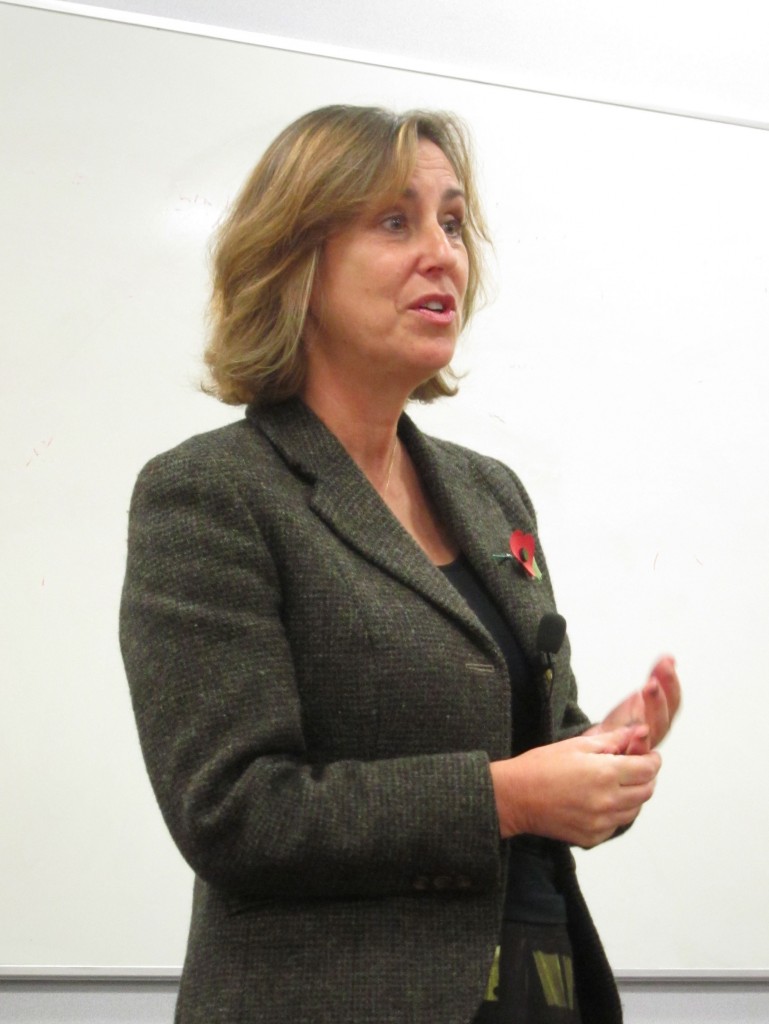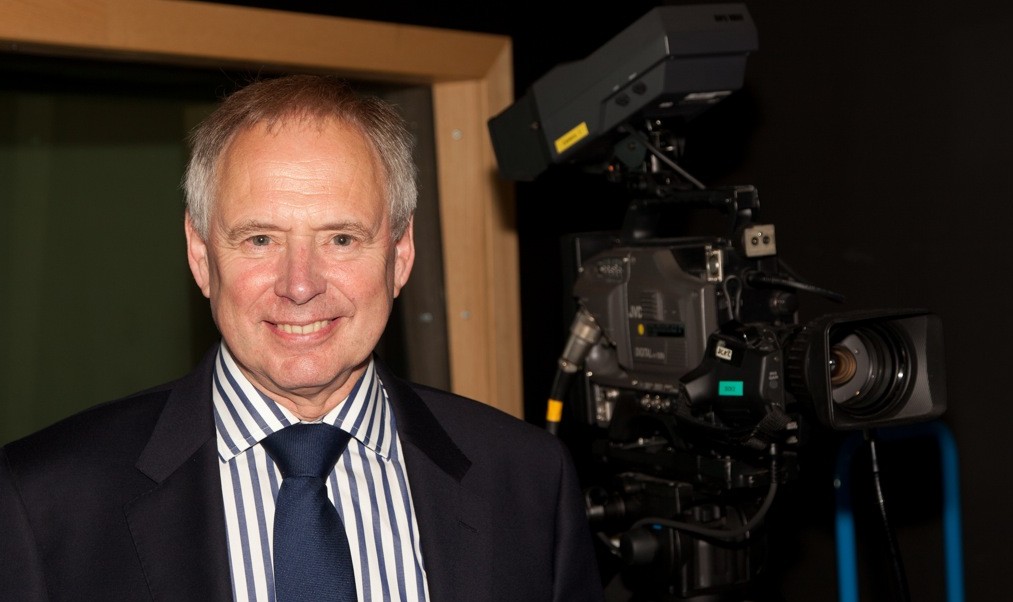As Jeremy Vine, in the foreword to a new book about journalism titled Face the Future, describes returning to the Coventry Evening Telegraph to find the editorial staff cut from 85 to less than 20, ‘facing the future’ feels more like ‘facing the music’.
I think we all felt sad, standing across the road in the chill wind and looking at the bedraggled giant we had abandoned two decades before. But a sense of the inevitable takes the edge off any sadness: it had to happen, didn’t it?
Yes, it did. Journalism is shifting inevitably away from the printed word toward the digital future, and regional newspapers were always unlikely to be ahead of the game. But despite the nostalgic, forlorn reflections of the opening few paragraphs, the editors of Face the Future: Tools for the modern age have assembled a collection of essays that look unequivocally forward. From one BBC veteran to another, Peter Barron sets a different tone in an early chapter, titled “Staring into the crystal ball, and seeing a bright future for journalism”.
Barron, who nailed his colours to the new media mast when he left the BBC for Google in 2008, doesn’t see anything very new about the disruption caused by digital media.
In this chapter I will argue that, rather than seeing the looming extinction of journalism, we are seeing its reinvention. It will no doubt be a painful reinvention, but you need only look back to the advent of radio, television and cable news to see that disruption caused by technological innovation is nothing new. So, what might this future for journalism look like?
Twitter, hyperlocal, SEO, coding, crowdsourcing, WikiLeaks, real-time data, personal branding, all terms that many industry folk are well accustomed to but all ideas and technologies still in their comparative infancy. They form the focus of some of the chapters in the book, which features contributions from the likes of Paul Bradshaw, Alan Rusbridger, Malcolm Coles, Oliver Snoddy, Josh Halliday, and former Journalism.co.uk senior reporter Judith Townend.
Along with our former editor Laura Oliver, Townend will be appearing alongside Raymond Snoddy and Kevin Marsh on a panel at the Frontline Club tonight to launch the book, which was edited by Coventry University senior lecturer in broadcasting John Mair and University of Lincoln journalism professor Richard Lance Keeble.
Mair and Keeble collaborated on another book of essays last year, Afghanistan, War and the Media: Deadlines and Frontlines. See extracts from the book on Journalism.co.uk at this link.
Face the Future: Tools for the modern age is available now priced £17.95. ISBN: 978-1-84549-483-4.

